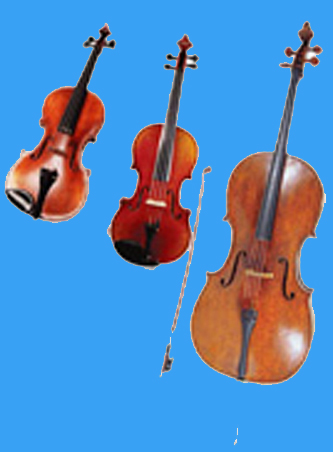What ASQSS means to participants

Partipants and tutors 2019 (Photo: Neil Shepherd)
At the end of the January 2011 Summer School, after six days of intense tutored string quartet playing in at least two different groups resulting in two performances from everyone in front of all the other participants, plus five sessions of string orchestra, and opportunities to play quintets, sextets, septets, octets etc. in spare time, I gave everyone piece of paper and asked them, over the next quiet five minutes, to write down the things they felt they had learned from the summer school experience. The offerings were amazing and, as you will see if you read on, extremely far-reaching, not only with respect to string playing and technique, but also in terms of how the good qualities of character-building happen as a hugely valuable by-product of participation. I have divided the comments into three sections: (A) Human relational, (B) Musical and (C) General. These results are also very encouraging to parents offering their children an opportunity to learn to play a musical instrument. Adults who are already playing might think: “Ah, that’s why I get on so well with my spouse, partner, children, workmates, boss, etc.”
(A) Human Relational
Patience, tactfulness. give and take, tactful criticism, to forget oneself, share the pleasure of making music, to be willing to hear another’s opinion and try it their way, to be brave in order to lead others, cooperation, to be tolerant, getting rid of ego, teamwork, collaborating with those of different backgrounds and ages, respect, how to complement others, working with others for common good, sometimes you are important and sometimes not, camaraderie, boosting others’ confidence, restraint, sharing, diplomacy, finding common ground with others in your group so it works for everyone, people management, agreement and accord between four people, consideration of others, perseverance, humility, sense of commitment, improved concentration, only works if all in the group feel wanted and included, getting along with people you don’t necessarily like, diligence, punctuality, giving constructive feedback, to be reliable, empathetic, meeting new and different people, the music brings you together, appreciating others strengths and skills, acceptance of others, helping to create a supportive encouraging and sympathetic environment.
(B) Musical
Preparation in a short time, wide range of music played and heard, three wonderful (professional) recitals, listening to another’s melody, awareness, to express oneself freely, make mistakes and recover, keep going, new repertoire, confidence in playing, precision, developing own sound, learning to step back when needed and step forward when needed, concentration on intonation, articulation awareness, improve tone coloration, playing your part but listening to others, others have the same problems and worries as you about performing, managing panic, quartets more personal than orchestra, listening to the musical conversation and not being fixated on your own part, improving counting, having an internal beat, improving technique, tips from tutors and others on how to practice, we are all part of the group and we must listen, listen, listen, emotional expression, practising performance, challenge of being extended technically, how to lead, communicating with body language, musical interpretation and knowledge of different period styles, being extended beyond your comfort zone, eagerness to improve.
(C) General
Fun, enjoyment, creating beauty and harmony, magical moments when it all comes together, wonderful concert by tutors and great tutoring, fellowship, restores the soul, relaxing, fun and laughter, encouragement, inspiration, how to have fun with your music, the joy of being at the centre of your group’s created sound, humour, togetherness, friendship.
- Brecon Carter

